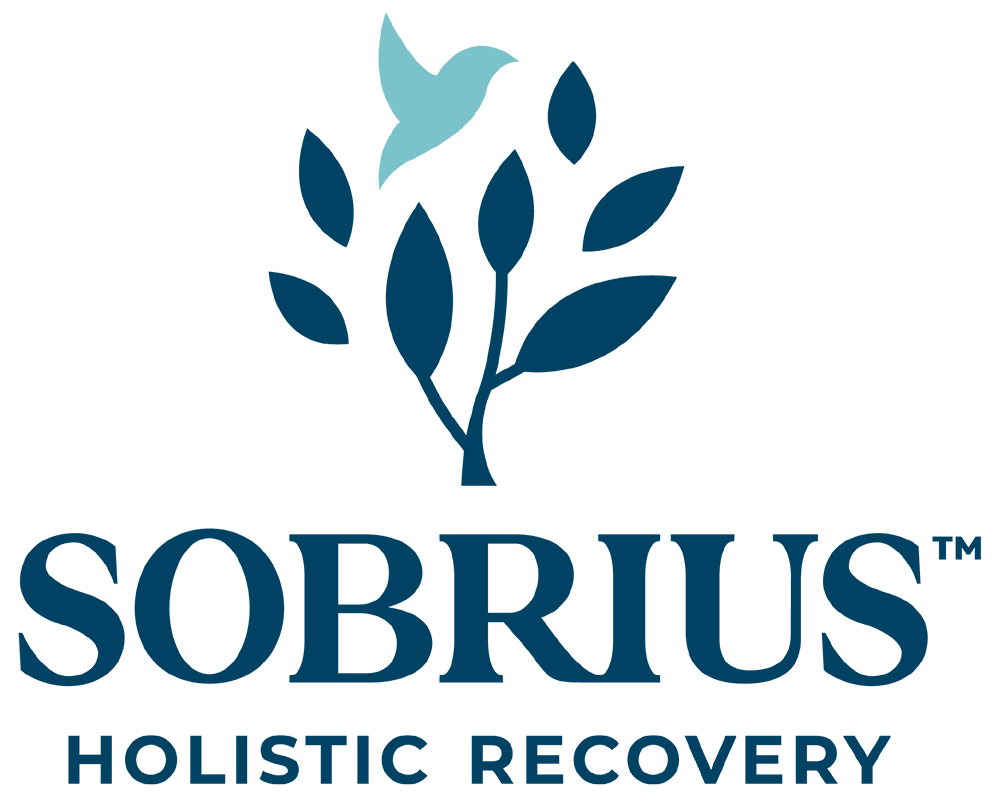When you make the commitment to put aside alcohol, your ability to recognize the signs of withdrawal is crucial. Sobrius, with its foundation in compassionate and personalized care, aims to guide individuals through this challenging phase toward a clearer, healthier path. Let’s look at the symptoms of alcohol withdrawal, the typical timeline these symptoms follow, and how alcohol addiction treatment can be a way to achieve a successful, long-term recovery. To learn more about alcohol addiction treatment, call us today at 888.596.6514.
Understanding Alcohol Withdrawal Symptoms
Alcohol withdrawal symptoms can vary significantly in their intensity and duration, depending on factors such as the length of alcohol use and the amount typically consumed. Here’s a closer look at what one might experience:
- Anxiety and Restlessness – A common initial sign, marked by an overwhelming feeling of unease.
- Tremors – Often starting within the first few hours after the last drink, these are noticeable shakes, particularly in the hands.
- Insomnia – Difficulty sleeping is frequent, exacerbating other symptoms due to lack of rest.
- Nausea and Vomiting – These uncomfortable digestive symptoms can make eating and staying hydrated challenging.
- Sweating – Increased sweating, particularly during sleep, is common.
- Headache – Persistent headaches are often reported during withdrawal.
- More severe symptoms – In some cases, individuals may experience hallucinations, seizures, or Delirium Tremens (DTs), especially if the addiction has been long-standing and severe.
The Alcohol Withdrawal Timeline
Understanding the typical timeline of alcohol withdrawal can help individuals and their support networks prepare for the road ahead:
- 6-12 hours post-last drink – Mild symptoms such as anxiety, headache, and nausea begin to appear.
- 12-24 hours post-last drink – Some people may start experiencing hallucinations.
- 24-48 hours post-last drink – Withdrawal symptoms may continue to escalate, with tremors and seizures occurring in some cases.
- 48-72 hours post-last drink – This period is often when symptoms reach their peak. In severe cases, individuals might face delirium tremens, characterized by confusion, rapid heartbeat, fever, and high blood pressure.
It’s important to note that the acute phase of withdrawal generally subsides within five to seven days. However, some symptoms, like mood swings and cravings, can persist for weeks or months. As a result, ongoing support becomes extremely important.
Why Alcohol Addiction Treatment Is Helpful
Navigating alcohol withdrawal alone can be daunting and, in some cases, dangerous. That’s where alcohol addiction treatment programs, like those offered by Sobrius, step in.
In alcohol rehab programs, individuals receive comprehensive care tailored to their unique needs, encompassing therapy to address psychological aspects of addiction, and support systems to aid in long-term recovery. This approach equips individuals with the tools and strategies necessary for maintaining sobriety.
Benefits of Alcohol Addiction Treatment
- Personalized treatment plans – Recognizing that everyone’s path to recovery is unique, Sobrius offers tailored treatment plans that address not just the physical aspects of addiction but also the psychological ones.
- Evidence-based therapies – Sobrius employs proven methods like cognitive-behavioral therapy (CBT) to help individuals understand and overcome the underlying causes of their addiction.
- Support and guidance – The road to recovery doesn’t end after the initial withdrawal phase. Sobrius provides ongoing support, teaching coping strategies to prevent relapse and promote a healthy, fulfilling life post-addiction.
Get Help Today From Sobrius
Are you or someone you love struggling with alcohol addiction? If so, it’s crucial to understand that withdrawal is a sign of the body’s attempt to heal. However, it’s a path fraught with challenges that should not be navigated alone. Sobrius specializes in providing the compassionate, personalized care needed to safely manage withdrawal symptoms and lay down the foundational stones for long-term recovery.
We encourage you to reach out to us, whether to learn more about the signs of alcohol withdrawal or to discuss how our treatment programs can be tailored to meet your unique needs. Together, we can work toward a future defined not by addiction, but by clarity, health, and fulfillment. Call us today at 888.596.6514 or use our online contact form to take the first step on your journey to recovery.

